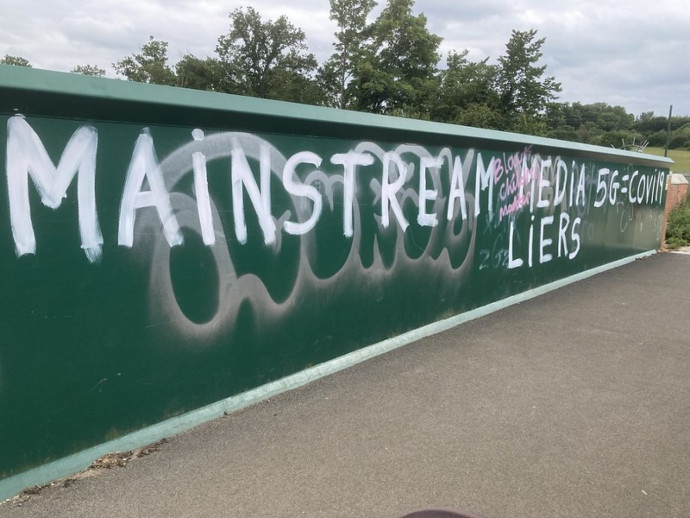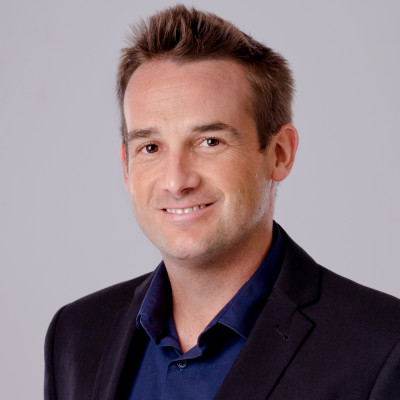The conspiracy rabbit hole: Why do some fall in deep and how do some manage to climb out?

Like many of us, Dr Matt Williams from Massey University has heard it all before – fake moon landings, climate change is a hoax, COVID-19 was created in a lab. Dr Williams is embarking on a research project to understand what influences people in their decisions to believe, or not to believe
Published on 3 Whiringa-ā-rangi November 2021
Conspiracy theories are attempts to explain significant events as the result of secret plots by powerful individuals or organisations. Sometimes institutions do conspire in ways that cause harm, and therefore the public’s tendency to consider conspiracies is justified and important. However, the spread of beliefs in unfounded conspiracy theories can have extremely serious consequences, as seen in the January 2021 attack of the US Capitol by rioters who were convinced that the 2020 Presidential election was corrupted by voter fraud. Here in Aotearoa, conspiracy theories about the dangers of 5G technology have provoked the burning of cell phone towers, and continuous misinformation continues to hamper COVID-19 vaccination efforts. Previous research by Dr Matt Williams and his colleagues has found that, at present, approximately half of New Zealanders believe in at least one of 15 unfounded conspiracy theories.

Dr Matt Williams, Massey University. Image: supplied
In this Marsden Fund Fast-Start project, Dr Williams brings together a team of combined expertise in political, cognitive, and social-cognitive psychology to launch a first-of-its-kind longitudinal study of participants’ responses and descriptions over a two-year period. The study will answer three crucial questions: 1) When a person changes their belief about a conspiracy theory, what reasons do they give for this change? 2) To what extent does belief in one conspiracy theory lead to belief in other conspiracy theories? And 3) Do negative experiences such as stress and depression contribute to belief in conspiracy theories? If we can understand more about why people trip and fall into the rabbit hole in the first place, and determine what it takes for them to choose to climb out, this will ultimately contribute to a more cohesive society; one that includes a healthy dose of scepticism, without the blinding darkness.
